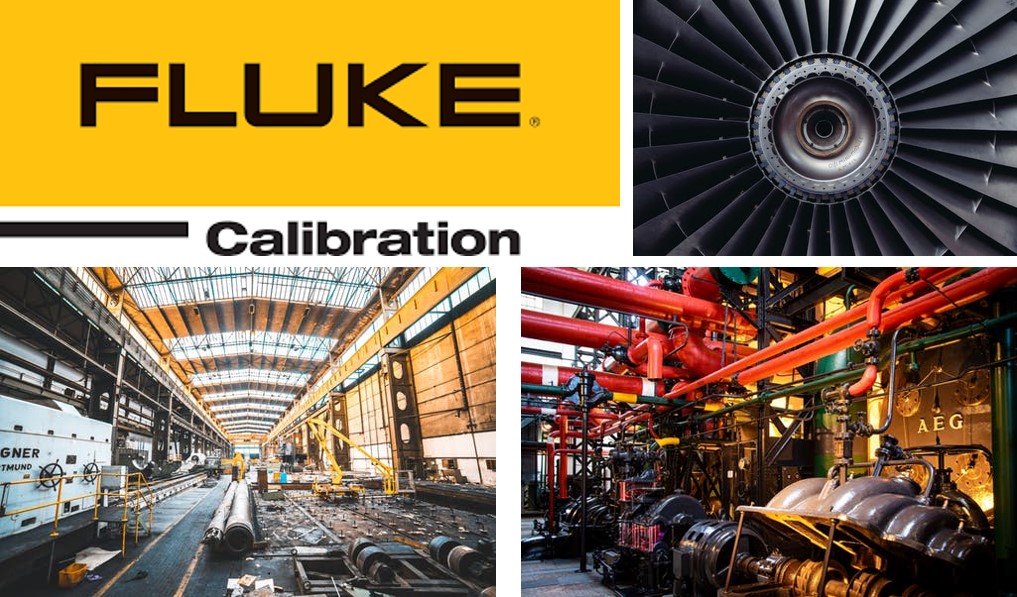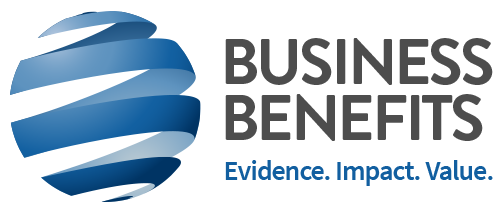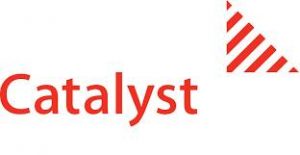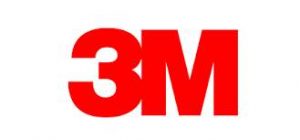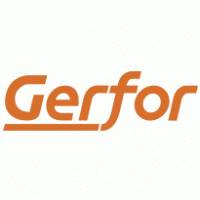Case Study
Calibration lab saves 120 supplier audit days per year
Fluke Calibration is one of the world’s leaders in precision calibration instruments, equipment, service and software for measuring electrical activity, radio frequency, temperature, humidity, pressure and flow. Its instruments are used in calibration laboratories and process measurement instrument shops across the globe, including nearly every National Metrology Institute.
With offices and customers on every continent, Fluke Calibration has been dealing with differing international regulatory and accreditation regimes since its establishment in the 1940s. This proved to be both inefficient and costly, as Jeff Gust, Chief Corporate Metrologist explains:
“Before the establishment of internationally recognized calibration standards, the US Department of Defense (DoD) made it mandatory for suppliers to operate a system of self-declaration of compliance by the laboratories, which required a separate supplier audit to ensure compliance. This typically required 100-120 days per year to be set aside for audit activity, leading to high costs for government contractors, which were ultimately passed on the tax payer. In an attempt to reduce costs, the US moved towards a system of independent accreditation based on its own national standard. Unfortunately accreditation to this standard was not recognized outside of the US, with the same being true for accreditation to the international standard inside the US. This meant that both the uptake of accredited calibration and the cost savings realized were minimal.”
The ILAC Mutual Recognition Agreement (MRA) combined the international harmonization of calibration standards to ISO 17025 meaning that accredited calibration awarded by one National Accreditation Body (NAB) is accepted as equivalent in over 100 economies across the world. This has led to significant benefits for the Fluke Corporation as Jeff Gust explains:
“Over the last 30 years, the accreditation process has delivered significant savings and efficiencies, as well as added value to the supply chain. The need to set aside 100-120 days a year for supplier audits has largely been reduced to zero. The ‘accredited once accepted everywhere’ approach embodied in the ILAC MRA means there is only one accreditation standard for calibration laboratories across the world to work towards. This saves a considerable amount of time, effort and expense for organizations serving customers in both national and international markets. It also brings increased levels of traceability and quality into the supply chain, simultaneously boosting customer confidence and lowering barriers to trade.”
